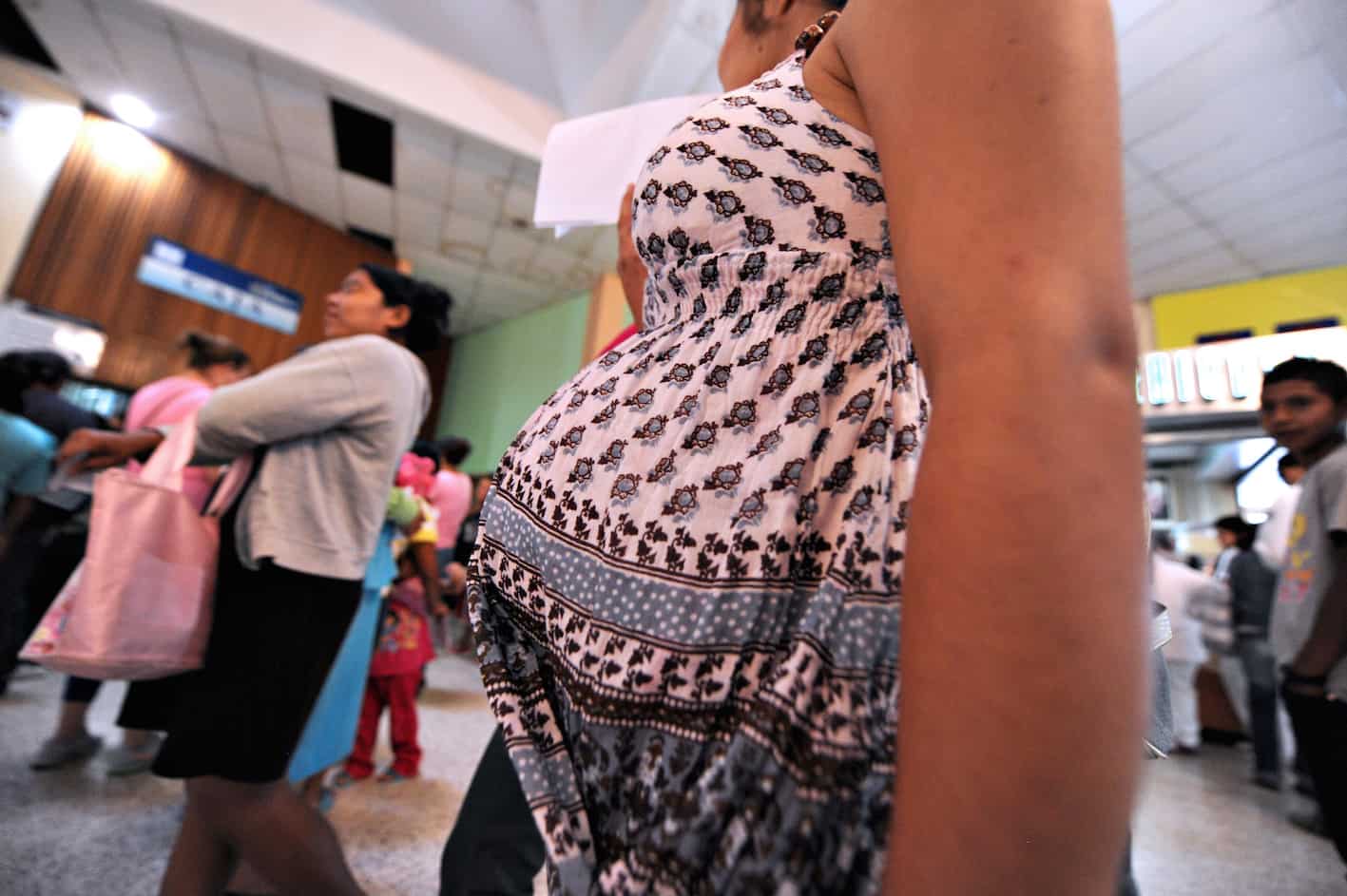GENEVA, Switzerland — The World Health Organization on Monday declared that a surge in serious birth defects in South America was “strongly suspected” of being caused by the Zika virus and constituted an international health emergency.
“We need to take action,” WHO chief Margaret Chan told reporters in Geneva.
The U.N. health body said that a surge in cases of microcephaly — a devastating condition in which a baby is born with an abnormally small head and brain — was likely caused by the mosquito-borne Zika virus and declared the situation a “public health emergency of international concern.”
Chan said a meeting of global health experts who make up the agency’s emergency committee had agreed “a causal relationship between the Zika infection during pregnancy and microcephaly is strongly suspected, though not scientifically proven.”
“All agree on the urgent need to coordinate international efforts to investigate and understand this relationship better,” she said.
“The experts also consider patterns of recent spread and the broad geographical distribution of the mosquito species that can transmit the virus, the lack of vaccines and rapid and reliable diagnostic tests and the absence of population immunity in newly affected countries were … further causes for concern,” Chan said.
“The clusters of microcephaly and other neurological complications constitute an extraordinary event and a public health threat to other parts of the world,” she said.
WHO warned last week that the mosquito-borne virus was “spreading explosively” in the Americas, and said the region could see up to four million Zika cases this year alone.
The WHO is under pressure to act quickly in the fight against Zika, after admitting it was slow to respond to the recent Ebola outbreak that ravaged parts of west Africa.
In addition to microcephaly, Zika is also believed to be linked to a neurological disorder called Guillain-Barre syndrome.
Infections have been reported in 13 countries in the Americas, according to WHO, as well as in Asia, and in Africa, from where it originated.
The virus is transmitted by the Aedes aegypti mosquito, which also spreads dengue fever and the chikungunya virus. It produces flu-like symptoms including a low-grade fever, headaches, joint pain and rashes.
WHO has so far refrained from issuing travel warnings related to Zika, stressing that the most effective form of prevention is getting rid of stagnant water where mosquitos easily breed, and using personal protection against mosquito bites such as using repellant and sleeping under mosquito nets.
Panama, Colombia warn of Zika virus spread
Panama on Monday said it has 50 cases of Zika virus infections and warned that the disease will end up spreading across the Central American nation.
“Let’s be clear: it [Zika] is going to enter, it is going to spread,” the head of the health ministry’s epidemological department, Israel Cedeno, told the television network TVN-2.
The 50 cases confirmed so far were concentrated in Panama’s predominantly indigenous Guna Yala region along its Caribbean coast.
Vice President Isabel De Saint Malo last week had spoken of 38 cases in Guna Yala. She said “right now there is no big public health risk.”
Panama borders Colombia, which has so far reported more than 20,000 cases of Zika, including 2,100 in pregnant women. Colombia is forecasting it will see more than 650,000 infections.
Colombia Health Minister Alejandro Gaviria said Monday he expected more than 1,500 cases of Guillain-Barre syndrome in the South American country.
“We are currently talking about a rate of 2.3 cases of Guillain-Barre for every 1,000 patients with Zika. That is quite a lot,” Gaviria said on Colombian radio.
Costa Rica has thus far reported just two cases of the Zika virus, neither of which were contracted in the country.






